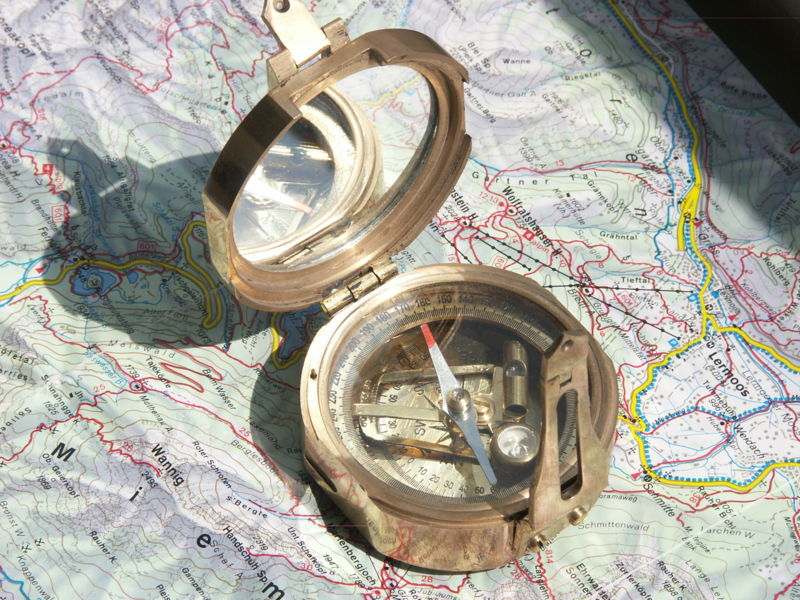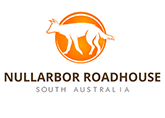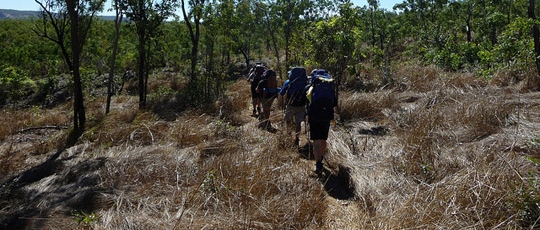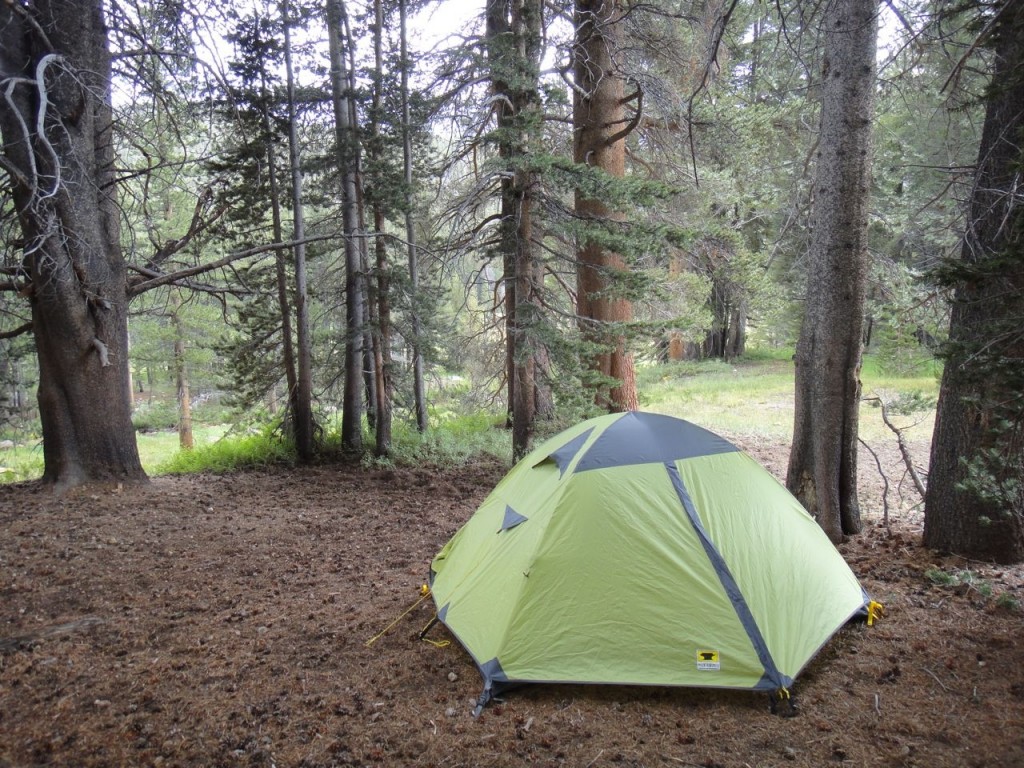Sometimes, camping away from the safety of familiar rest stops is what makes the remote outdoors more exciting. Your location is unfenced and intimate, with the noise of neighbouring camps and personal emails being drowned under the immense Australian sky.
Camping with few or no facilities at all can be amazing, but it’s no friend to acting foolishly. Life in the wild can be particularly dangerous just because we are not used to the primitive landscape. If your goal is enjoy yourself while remaining safe, prepare yourself with these 10 important survival tips.
-
Transportation (build and fuel)
An SUV-may be resilient against your 3-year old’s antics, but it won’t hold up on rugged terrain. Find a camping vehicle that is sure to take you far away and—most importantly—back home. Four-wheel drives may be your best bet if you are driving to the location, otherwise make use of your own two feet to get there.
-
The right camping spot
Finding the right grounds to settle on is something to consider early on as this will make the difference between a good nights sleep and no sleep. You don’t want to slide into a sinkhole nor collect puddles at the bottom of your tent, so make sure you’re on level ground before pitching your tent. Nearby bushes or rocks are also handy in protecting your campsite from harsh winds and providing shade in the late afternoon.
-
Compass, map and knowledge
Even if there is a track to lead your on your trip, bring along a compass and a map as a backup just in case. Basic navigation skills are useful to have if you plan to enjoy the outdoors on more then one occasion, they are also great for activities like hiking or off-trail photography. Once you start walking out into the open, it’s important to mark where you’ve been and how to return there or take note of landmarks.
-
Light
Don’t underestimate how easily it gets dark without the glow of neighbouring cities or campers to rely on. Light gives you protection, functionality and comfort in the wilderness, so make sure you bring along solar-powered gear, extra batteries, and matches. Harnessing the light of a thousand stars isn’t as practical as it is pretty.
-
Emergency signals
What happens if you find yourself lost or with a swollen ankle not able to move over long distances? Your basic signaling devices could include pocket mirrors and whistles. The reflection of light from a mirror is highly visible to passing aircraft, while your whistle is more suited for signaling adventurers within earshot.
-
Food, water, consumables
Camping food essentials include soup and drinks (in the form of ice bricks), fire-friendly containers and lots of water. It’s important to have enough as you won’t be able to run back and forth to get supplies. There are certain methods of finding natural water sources, but these can be unreliable and heavily dependent on where you set up camp.
-
Warmth
Remember fire? It’s going to be your best friend throughout your trip. Bundle up in warm clothing and an insulated sleeping bag even inside your tent. If you have to, bring along an extra pair of socks or a change of clothes. Wet clothing pulls away heat from your body fast, so it’s important to have dry extras to change into.
-
First-aid kit
You’re the one who should mold to the wilderness, not the other way around. If that earns you a few cuts and bruises, handle them early on with first aid. Make sure to bring extra meds for existing health conditions in case a set of pills gets dropped or stolen by critters.
-
Protection
Depending on the terrain and climate you are in, each will bring with it a distinct and unique wildlife. For example those belonging to the Nullarbor wildlife aren’t as feral as you might imagine, but they can be difficult to interact with. Arming yourself is as simple as knowing when to leave territorial dingos alone or storing your food away from the ground. While you’re at it, try to avoid stepping on anthills as well!
-
Waste management practices
Lastly, learn to leave your campsite with as little trace of humanity as possible. Respect the beauty the wilderness and think of future campers who may want to visit. This entails being conscious of how you dispose garbage and yes, you guessed it—bodily waste (dig a hole!). Whatever you do, make sure not to leave non-biodegradable items in wild areas or toxic waste near trails and water sources.

Being in the wild is no place to think about your electricity bill or any regrets you may have. Conquer your fear of the unknown by trying out this kind of trip at least once in your life. You can contact us at Nullarbor Roadhouse to learn more.


